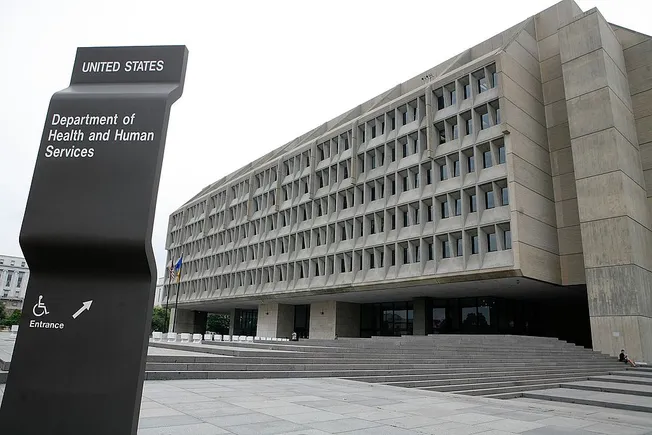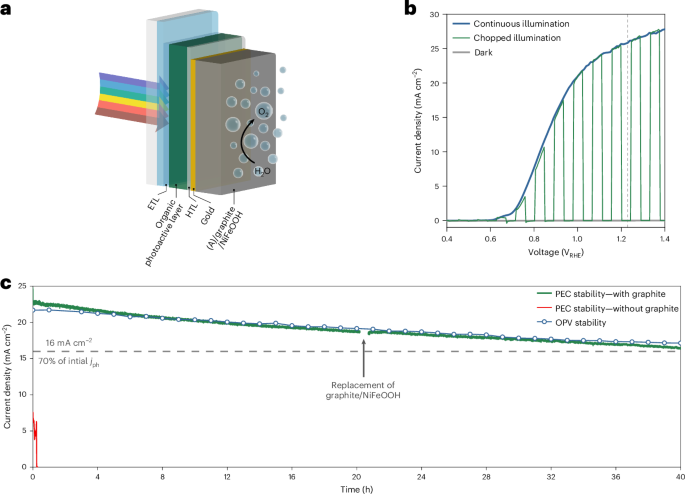“Under Pressure”: Walking the Fine Line of Section 13(d) Passive Investor Status
On February 11, 2025, the staff of the Division of Corporation Finance (“Staff”) of the U.S. Securities and Exchange Commission (“SEC” or the “Commission”) issued new and updated Compliance and Disclosure Interpretations on Regulation 13D-G (“C&DIs”) that address the circumstances under which a shareholder’s engagement with an issuer’s management would cause the shareholder to hold securities […]

Maia Gez, Scott Levi, and Michelle Rutta are Partners at White & Case LLP. This post is based on a White & Case memorandum by Ms. Gez, Mr. Levi, Ms. Rutta, Erica Hogan, Greg Pryor, and Danielle Herrick.
On February 11, 2025, the staff of the Division of Corporation Finance (“Staff”) of the U.S. Securities and Exchange Commission (“SEC” or the “Commission”) issued new and updated Compliance and Disclosure Interpretations on Regulation 13D-G (“C&DIs”) that address the circumstances under which a shareholder’s engagement with an issuer’s management would cause the shareholder to hold securities with the “purpose or effect of changing or influencing control of the issuer,” and therefore lose eligibility to report on Schedule 13G.[1]
Prior to this latest guidance, investors relied on the previous C&DI Question 103.11, which stated that engagement on particular topics (executive compensation, environmental issues and, in certain circumstances, corporate governance topics[2]) “without more” and without the “purpose or effect of changing or influencing control,” would not result in the loss of Schedule 13G status. This rather general standard, which emphasized the subject matter of the discussions, gave comfort to investors that rigorous discussion with management on these topics would not endanger 13G status, as long as there was no overt effort to influence or change control of the issuer. However, this prior C&DI did not provide guidance on specific actions that would constitute “changing or influencing control of an issuer,” and thereby put 13G status at risk. The new C&DI is aimed at providing such guidance.















































































































































































